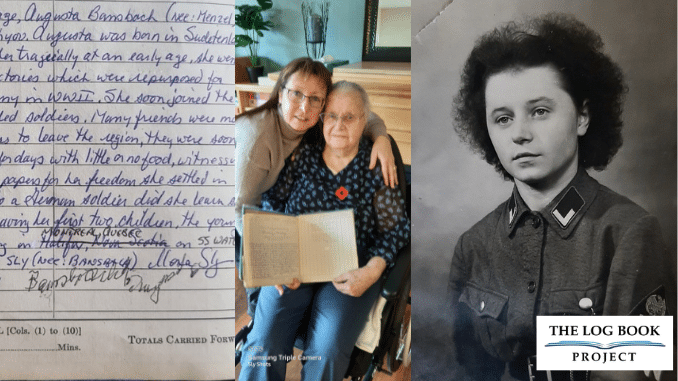
Augusta Bansbach (née Menzel) was born on October 9, 1921, in the Sudetenland region of Czechoslovakia. She came of age during a time of immense political upheaval. It was also a period of global conflict. Her life story spans war-torn Europe. It transitions into a peaceful new beginning in Canada. It reveals the deep personal consequences of 20th-century history.
Growing Up in the Sudetenland
Augusta grew up in a rural farming community where Germans and Czechs lived side by side. Educational prospects for girls in her region were limited. She completed school after the eighth grade. Then, she began working to support her family.
In 1938, the Munich Agreement allowed Nazi Germany to annex the Sudetenland. Augusta, like many German-speaking youths at the time, was absorbed into Nazi youth organizations, caught in the political wave sweeping the region. Though not driven by ideology, she, along with many peers, was shaped by the nationalistic culture of the period.
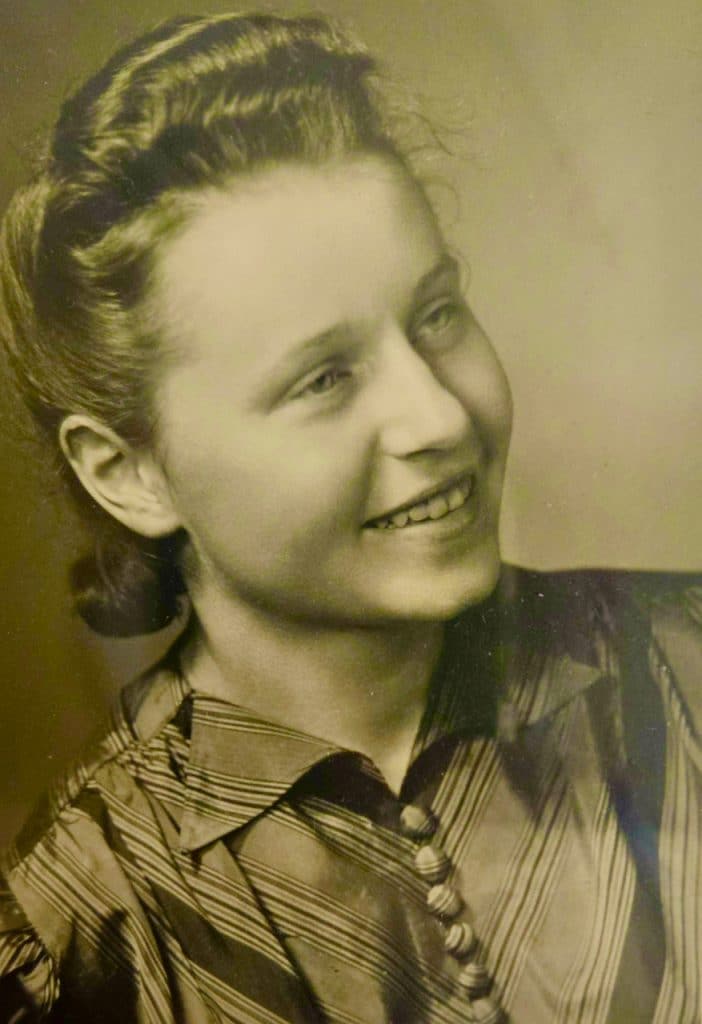
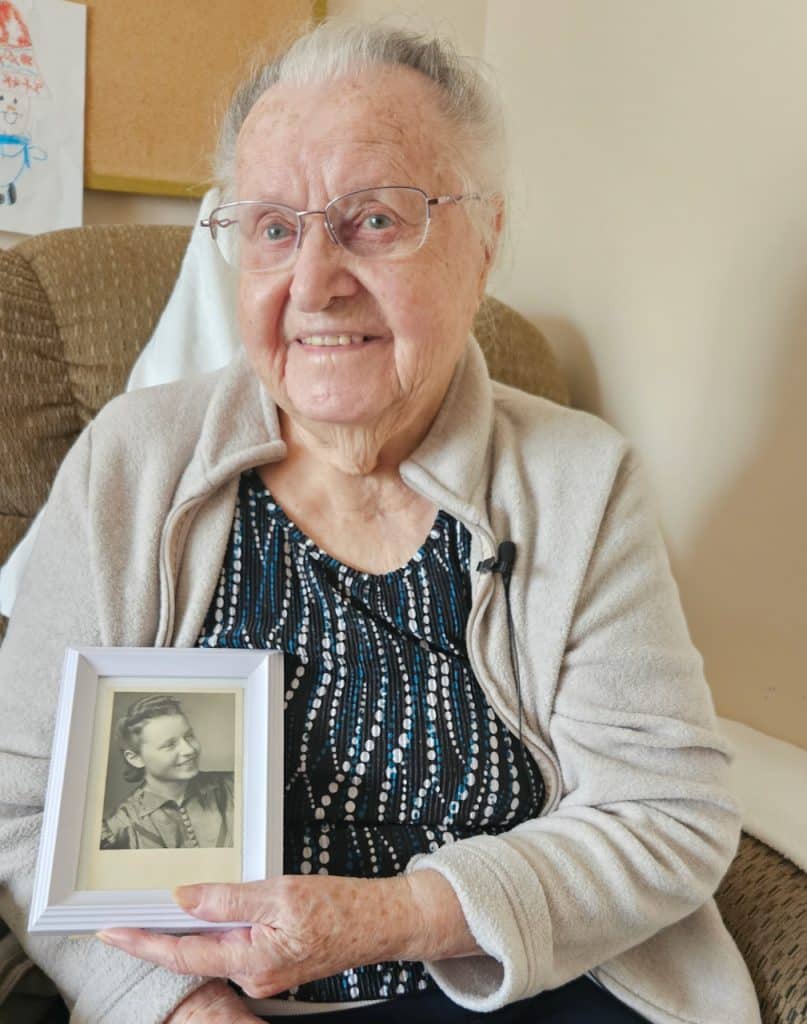
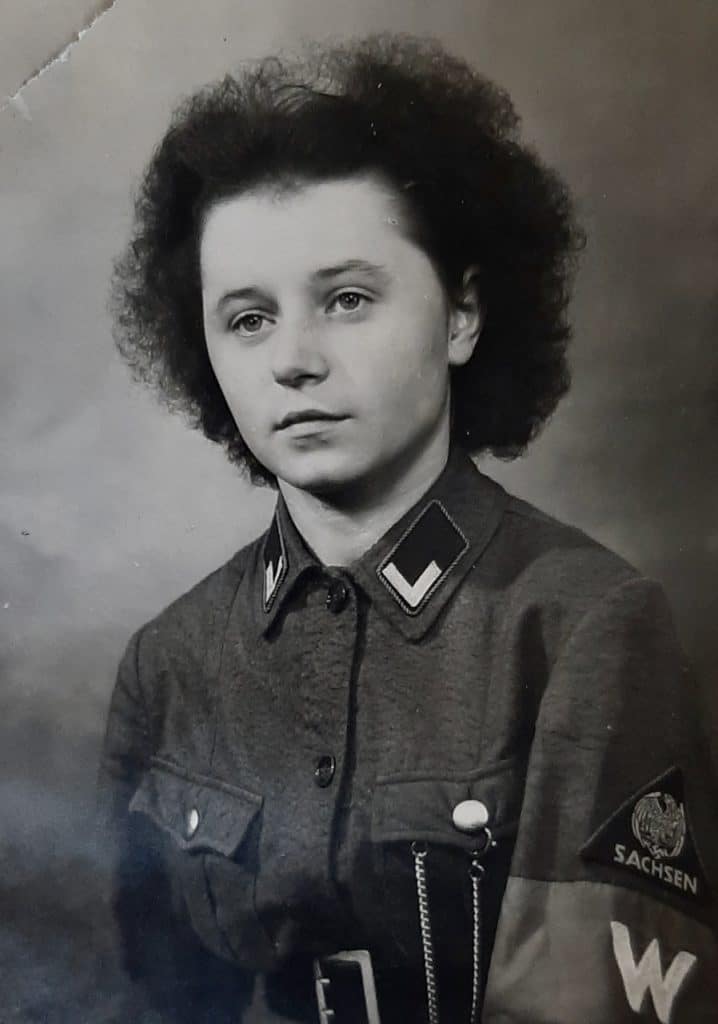
Service During World War II
When war broke out in 1939, Augusta was assigned to work in a German munitions factory, producing timers for bombs. Seeking a more direct role, she volunteered for the German Red Cross. Her decision marked the beginning of her service as a nurse, providing medical care to the wounded on the front lines and in military hospitals.
This work demanded emotional strength and resilience. Amidst the horrors of war, Augusta administered care, bore witness to suffering, and navigated the moral complexities of aiding soldiers in a conflict that increasingly brought destruction to both sides.
Capture and Postwar Turmoil
As the Third Reich crumbled, Augusta was captured by Czech and Polish forces and held as a prisoner of war. She survived internment and later married a German soldier. With his help, she was able to escape the Soviet-controlled east and move to western Germany. He was subsequently taken as a POW to England, and during that time Augusta suffered another blow: the death of her beloved brother.
A New Beginning in Canada
After her husband’s release, the couple emigrated to Canada, hoping to begin anew. They raised a young family, but the marriage ultimately ended in divorce. Augusta was left to rebuild her life independently. With characteristic determination, she created a new path for herself and her children in her adopted country.
Legacy and Testimony
Now over a century old, Augusta Bansbach has shared her life story through oral history interviews, most notably with the Crestwood Oral History Project. In these conversations, she reflects with honesty and humility on her journey from rural Czechoslovakia to postwar Canada, offering a rare and deeply human account of life as a woman swept up in the forces of fascism, war, captivity, and migration.
Her story is a testament not only to the endurance of the human spirit but also to the importance of listening to those whose voices history often overlooks.
We are indebted to Scott Masters for putting us in contact with Augusta’s daughter Ilona who received the log book and facilitated the signing occasion.



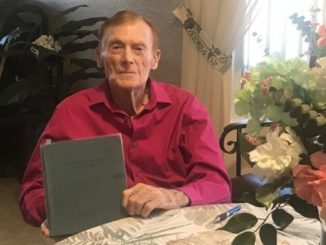
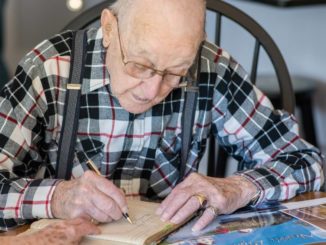
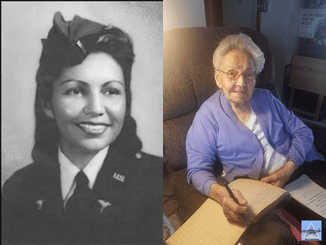
Be the first to comment